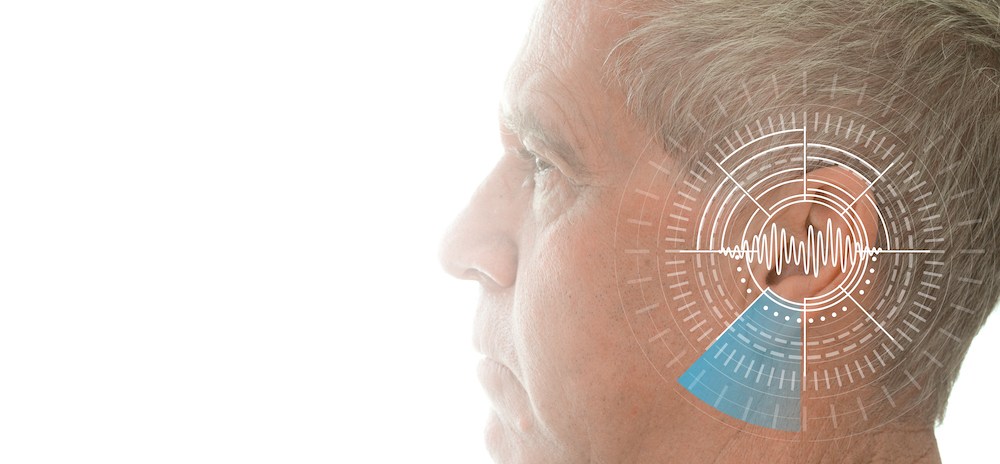What to Do When Your Hearing Aids Aren’t Working
Hearing aids are a great solution for hearing loss – and they are only


Hearing aids are a great solution for hearing loss – and they are only

Regular hearing tests are fundamental for preserving your auditory health

Hearing aids are valuable to your hearing health. So, it is a good idea